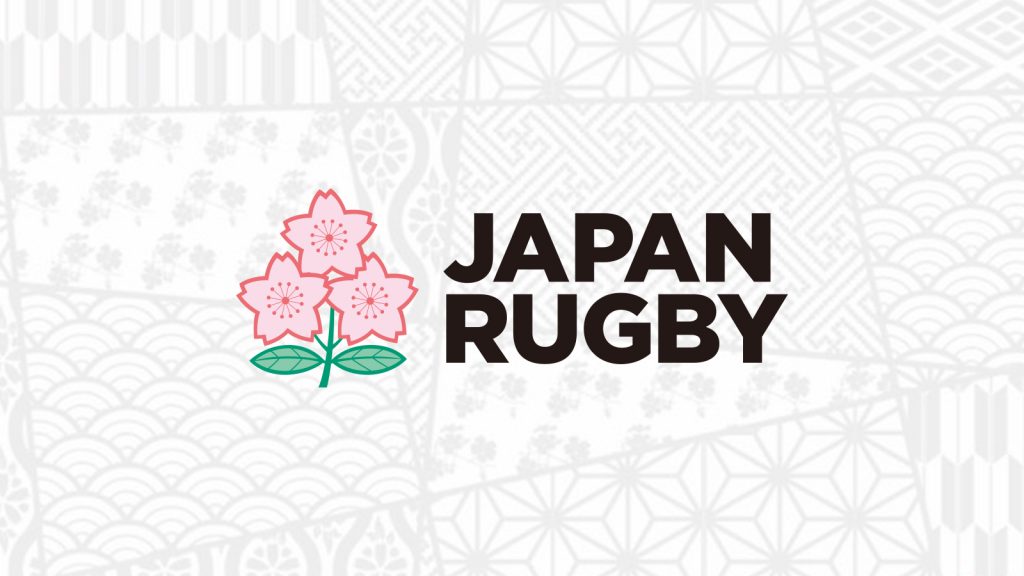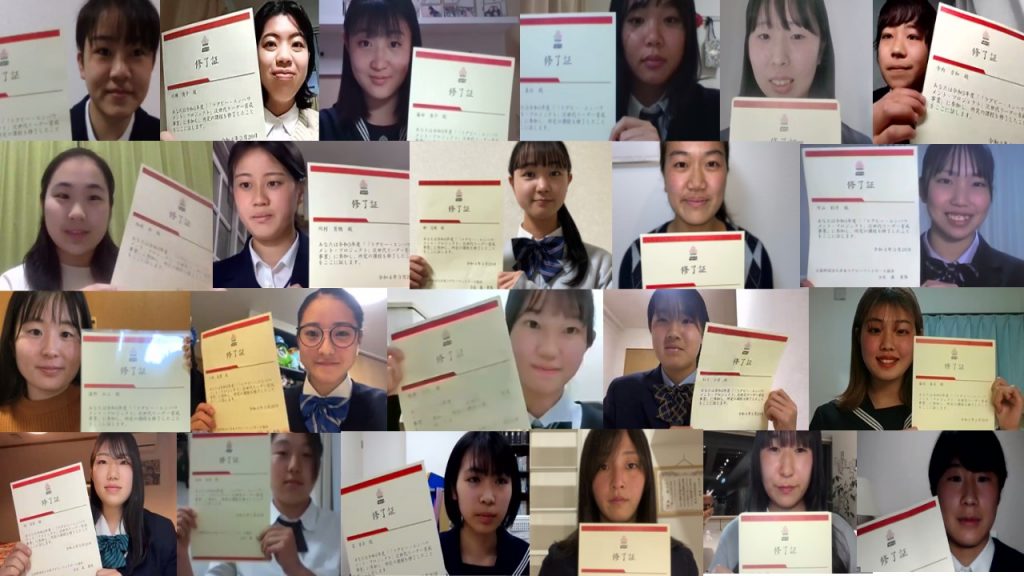
Rugby Empowerment Project Aims to Develop Next Generation Leaders
In September 2021, the Japan Rugby Football Union released its Diversity & Inclusion (D&I) Statement to highlight Japanese rugby’s commitment to strive for rugby to become a more diverse and inclusive sport, and a positive example to the wider Japanese society. A major element of the D&I statement was the JRFU’s commitment to women’s empowerment, with the document setting out numerous initiatives and targets aimed at increasing the involvement of women within the JRFU and the wider administration of rugby in Japan.
A key part of this initiative was the establishment of the ‘Rugby Empowerment Project’, a six-month long programme aimed at high school girls, to help them imagine and realize a more positive and inclusive future through exposure to rugby’s values. A key tenet of the programme would be to give participants the ability to access and engage with individuals already active in both rugby and society, to broaden their horizons and expand their perceptions of their own potential, when imagining and pursuing their careers and dreams.
One of the project sessions involved the participants interviewing individuals involved in rugby in Japan, across Asia and around the world. With all the students keenly studying English, the session also provided a valuable language practice and confidence building platform, with the interviews conducted exclusively in English.
The students interviewed three individuals:
- Ada Milby: President of the Philippines Rugby Union, Member of Asia Rugby Executive Committee, Member of the World Rugby Council and the former Captain of the Philippines national women’s fifteens and sevens sides
- Abby Hall: Communications and Social Media Consultant for World Rugby, the JRFU and Saitama Panasonic Wild Knights
- Ridzal Saat, Rugby Partnerships Manager, World Rugby and former Singapore national team player
Commenting on the interview session, Abby Hall said:
“The group asked some incredibly thoughtful and interesting questions, and it was clear they had done their research. Coming from a digital media background, there was a genuine interest in what I do, and how it relates to rugby and a career in communications and sports business. The JFRU have put together an excellent programme and it was clear that the students were well engaged and deriving a lot of value from it. It was also a great opportunity for me to spend time with a group of digitally native high school students, who are also my audience. I was delighted to hear they follow the social media channels I manage, comparing both my Japanese and English style, and using the English for their own study purposes.”
Following the interviews, the students had a 30-minute group discussion to review the interview contents, sharing what they had heard, new phrases and words they picked up, and confirming their understanding of the sentiments expressed. The students showed great teamwork and honesty, sharing what they hadn’t understood and asking for help from other members of the group. It was immediately clear that the sessions were quickly building the girl’s confidence in their English ability and any initial shyness quickly disappeared as they progressed through the session.

On the final day of the six-month programme, each student reflected on what they had learned and made a presentation on what they would work on as their first steps toward building their future. This was followed by a speech session on the theme of ‘Creating the Future, Future Me’ which was submitted as a preliminary assignment. This speech was a summary of the goals of each of the 22 participants and their thoughts and ambitions for the future of society.
Following the successful completion of the project, the JRFU has decided to organise the program again in 2022 with the next Rugby Empowerment Project set to kick off in August this year.